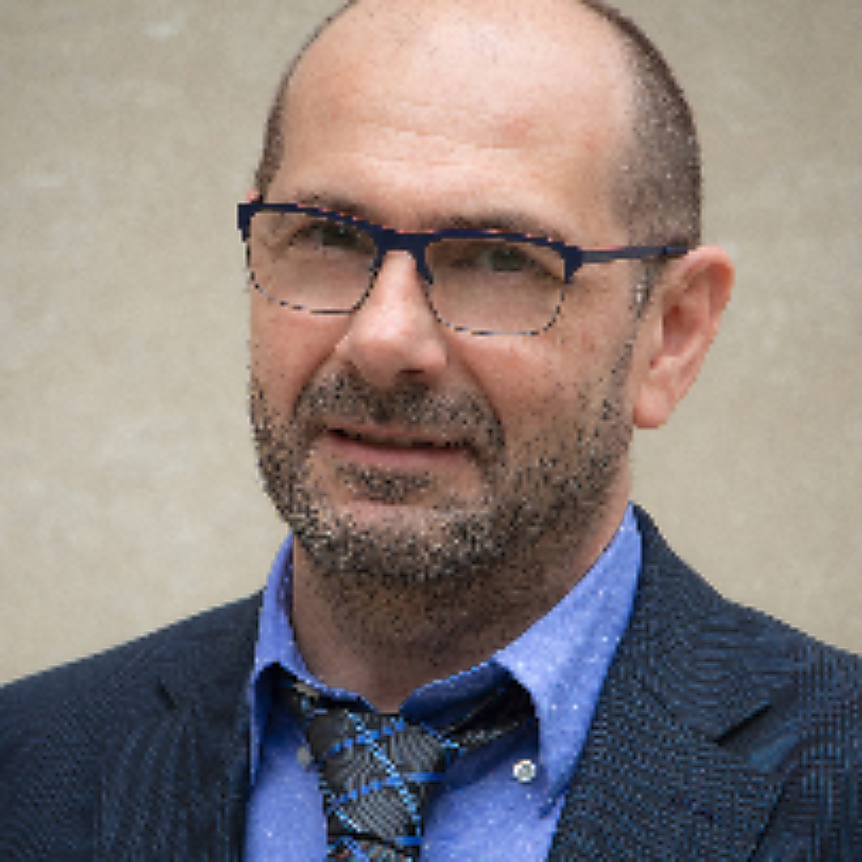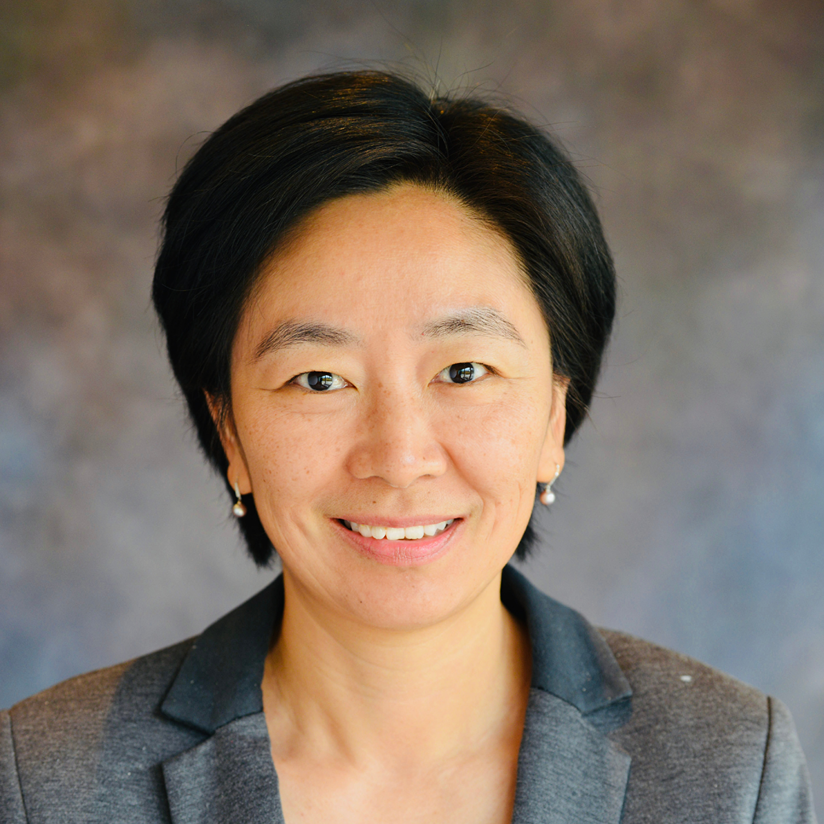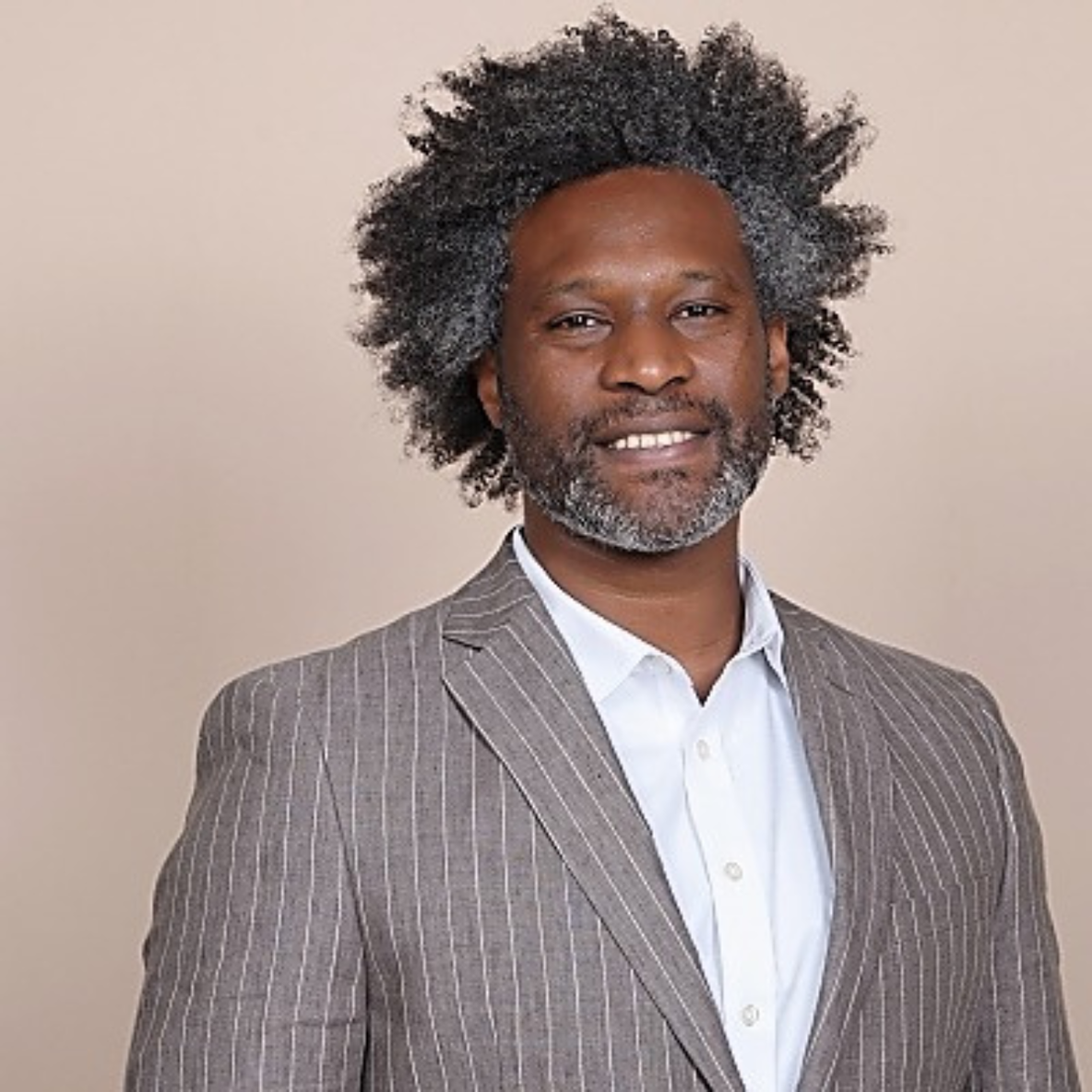
The BRESE (Biomedical/biobehavioral RESearch Enrichment) Scholars Program is a two-year mentored grantsmanship program for new faculty in biomedical and biobehavioral disciplines funded by the NIH award CSUSB ASPIRE. The goal of ASPIRE is to increase the capacity of CSUSB to support research and enhance the diversity of CSUSB students and faculty engaged in externally funded research.
MEET 2022 - 2024 BRESE SCHOLARS

Nicholas Brunet
Associate Professor, Psychology
Dr. Brunet earned a BA in Physics from the Universidad de Las Americas in Puebla (Mexico) and a PhD in Molecular Biophysics from Florida State University. Before joining CSUSB, he held research positions at several R1 institutions: the University of Washington (Seattle, WA), the Donders Institute for Brian, Cognition and Behavior (The Netherlands), the University of Pittsburgh (Pittsburgh, PA), and the State University of New York (Brooklyn, NY). He also was an Assistant Professor of Neuroscience at Millsaps College in Jackson, Mississippi. Dr. Brunet's research focuses on exploring the neural underpinnings of visual information processing and oculomotor behavior; more specifically, how visual inputs are modulated by various cognitive processes (e.g., attention, motivation, and experience), as the neural code travels from primary to higher visual areas, and then to the more specialized visual regions, selective for faces, objects, or places. For this purpose, he uses scalp electroencephalography (EEG), in combination with psychophysics and computational methods.

Yawen Li
Professor, School of Social Work
Dr. Li is a professor of Social Work at Cal State San Bernardino who specializes in research on the sociocultural and environmental determinants of health and health behaviors. Her research areas include: 1. The sociocultural and environmental determinants of health, which involves analyzing large datasets such as the California Health and Insurance Survey, the China Health and Nutrition Survey, and the Sample Survey of the Chinese Older Adults in Urban and Rural China, as well as collecting data among Asian Americans to investigate how factors within the family environment and community context affect individual health. 2. Health behavior intervention research, which includes culturally adapting the evidence-based program for minority patients with Type 2 diabetes. 3. Adult day service research, which focuses on researching how adult day services can be better prepared to serve minority older adults, particularly those with Alzheimer's Disease and Related Dementia. Dr. Li has extensive experience of working on projects involving Asian American participants and gained a nuanced in-depth understanding of the cultural and contextual background of conducting behavioral research.

Evangeline Fangonil-Gagalang
Assistant Professor, Nursing
Dr. Evangeline Fangonil-Gagalang is an assistant professor and the undergraduate nursing program director at the California State University, San Bernardino (CSUSB), Department of Nursing in San Bernardino, California. Prior to this position, Dr. Gagalang was a full-time lecturer at CSUSB. Dr. Gagalang has over 24-year experience as a Registered Nurse, 19 of those years are in nursing education. Her background is in medical-surgical and emergency nursing. She received her PhD in Nursing at Azusa Pacific University in Azusa, California. Her area of research and interest includes student readiness for practice, curriculum development, and Precision Health. Recently, Dr. Gagalang authored the Integration of Precision Health in a Baccalaureate Curriculum wherein she along with a co-author described the process of incorporating concepts of Precision Health in six identified courses. Dr. Gagalang belongs in the Precision Health and Genomics workgroup convened by the American Nurses Association in their efforts to develop basic competencies for Precision Health and update the advanced competencies for Genomics Nursing.
Dr. Gagalang was the co-primary investigator and awardee of the All of Us research grant from the American Association of Colleges of Nursing, a collaborative effort with the National Institute of Health in their goal to achieve one (1) million human samples to represent “all of us” in health research. Dr. Gagalang presented many of her work in Precision Health in multiple regional and national conferences. Recently, Dr. Gagalang was the recipient of the Excellence in Professional Education award from the Association of California Nurse Leader (ACNL), recognizing her achievements in academic nursing and was chosen as a fellow of the American Association of Colleges of Nursing’s (AACN) Elevating Leaders in Academic Nursing for her leadership in nursing education.
Passcode: mv5*5Z$Z

Jonathan Robinson Anthony
Assistant Professor, English
Dr. Jonathan Robinson Anthony is Assistant Professor in the Department of English at California State University, San Bernardino. His research generally focuses on analyzing typical and atypical cognitive-linguistic processes to better differentiate language differences from language disorders. His research has been funded by the National Institute on Deafness and Other Communicative Disorders. Dr. Robinson Anthony earned his M.S. in speech-language pathology and received his clinical training from San Francisco State University. He subsequently earned his Ph.D. in language and communicative disorders from the San Diego State University and University of California San Diego joint doctoral program.
Biomedical/biobehavioral RESearch Enrichment (BRESE) Scholars
The Office of Research Development is soliciting nominations of first and second-year tenure-track faculty for the BRESE Scholars program. Self-nominations are welcomed!! The BRESE Scholars program is sponsored by the NIH-funded Advancing Sponsored Programs Infrastructure for Research Excellence (CSUSB ASPIRE) grant.
What is BRESE?
BRESE is a two-year mentored grantsmanship program for new faculty in biomedical and biobehavioral disciplines funded by the NIH award CSUSB ASPIRE. The goal of ASPIRE is to increase the capacity of CSUSB to support research and enhance the diversity of CSUSB students and faculty engaged in externally funded research.
The BRESE Scholars program includes a series of workshops and seminars on getting your research started and grantsmanship, writing accountability groups, inclusivity in research, informal meetings, one-on-one mentorship, and other developmental activities.
In addition to these supportive activities, BRESE Scholars are awarded professional development money to support their research and grant writing activities. In the first year, BRESE scholars receive $5,000, and in the second year $2,000.
Who is eligible for BRESE?
Tenure-track faculty in their first or second year in biomedical and biobehavioral disciplines.
How to apply for BRESE?
The application for BRESE is on InfoReady and includes:
- A five-part narrative (see below)
- A curriculum vitae
- A statement explaining how you expect the program to benefit your career/research goals, and how your participation in BRESE will contribute to enhancing the diversity of faculty and students who do research at CSUSB.
The narrative (excluding the list of references) should not exceed two single-line spaced pages and it should be written in a manner that allows reviewers who are not familiar with the applicant’s field of study to understand the goals and significance of the proposed work.
The narrative should have the following components:
Specific Aims
This section should include a central hypothesis, a statement of need, and two to four brief aims that address this critical need. The aims listed should be consistent with the central hypothesis and support the overall goal of the proposed project.
Significance
This section contains an explanation of the overall importance of the project, framed in context with the current literature, and how the proposed scholarship contributes to the field and to the applicant’s own program of scholarship. This section should include a statement on the contribution the work will make when completed.
Project Design and Procedures
This section should provide a clear plan of work that is achievable within the time frame proposed. The specific sources of data (primary or secondary) to be collected/obtained (whether from human subjects, animals, or the physical world), how the data is to be collected/obtained, and how the data will be analyzed should be provided. A detailed explanation about the process by which the data will be reduced, integrated, or interpreted should be given.
Project Timeline
The timeline should include enough details about the tasks and milestones to demonstrate when project activities are projected to occur over the course of the proposed period. Be sure the tasks described in the Project Design and Procedures section are included in the timeline. Any task or milestone presented in the timeline should be described in the proposal narrative and vice versa.
List of References/Cited Works (no page limit)
Include only the references or works cited in the proposal narrative.
If you have any questions, please contact: Cynthia Crawford at ccrawfor@csusb.edu.